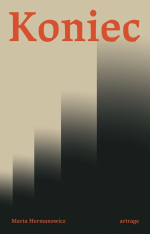View all filters
Clear
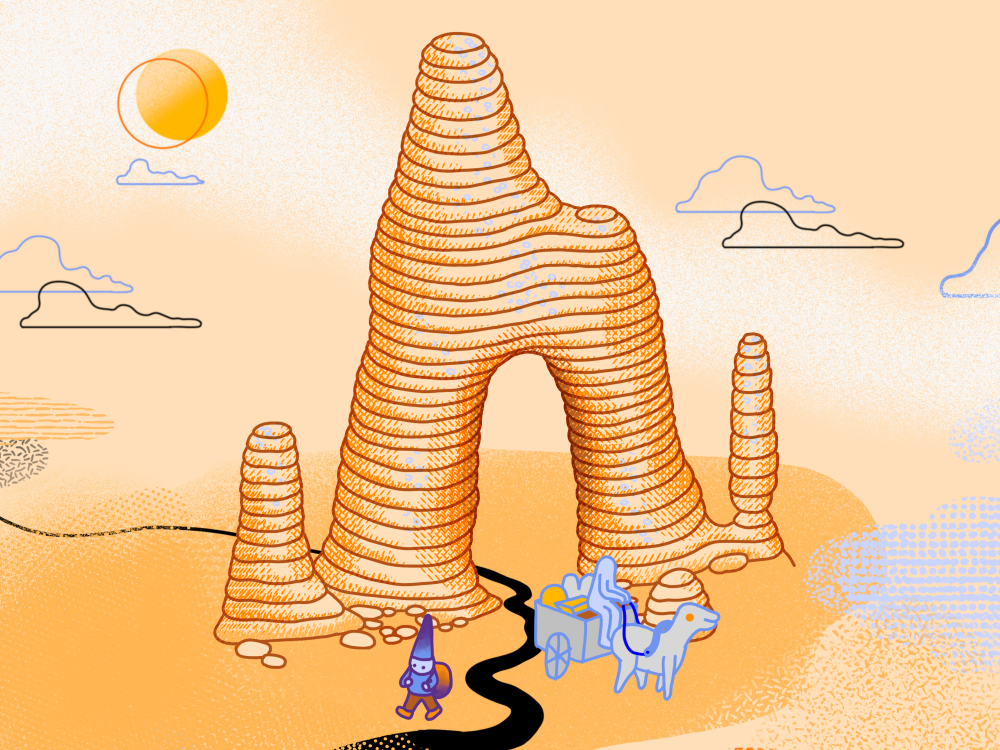
Should I Stay or Should I Go
Take a journey through the tension between staying and leaving, journeys of personal growth and travelogues
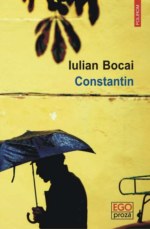
Constantin. Un portret
Constantin este povestea experienței lui Mihai, un tînăr student venit din provincie la București, acasă la cel care i-a închiriat o cameră pe perioada studiilor: Toader Constantin. În apartamentul dărăpănat al acestuia se petrec o serie de întîmplări tragicomice, ai căror protagoniști sînt chiriașii săi, oameni de tot felul, cu povești de viață dintre cele mai diferite și mai interesante, care trăiesc într-un București poate prea pragmatic și uneori chiar ostil. Constantin este el însuși o poveste, care nu se lasă însă descoperită prea ușor, nici chiar de „bunul chiriaș” Mihai. O carte despre Bucureștiul real, despre oamenii care îl populează și, în cele din urmă, despre viață așa cum e ea, descrisă cu un fin spirit de observație și simț psihologic.
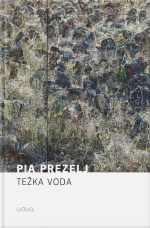
Apă grea
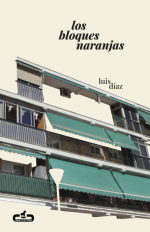
Blocurile portocalii

Meine Mutter hat Blumen gezüchtet (Condițiile nu sunt importante)
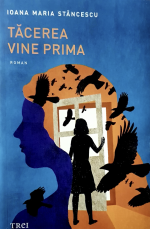
Tăcerea vine prima (Silence comes first)
Tăcerea vine prima vorbeşte despre trauma unei familii contemporane şi despre blocajele de comunicare dintre mai multe generații de femei. Atunci când tăcerea se instalează într-o familie, toate comportamentele sunt creatoare de traume. Singura soluție pare să fie depășirea fricii și deschiderea rănilor.
Subiectul principal îl reprezintă relația complicată a Dorei, pe de o parte cu mama sa intruzivă și veșnic nemulțumită, pe de altă parte cu fiica adolescentă care începe să-și ceară dreptul la independență. Crescută într-o familie în care femeile și bărbații au fost dintotdeauna într-un raport de forță, copiii au acoperit goluri și dureri, fericirea personală n-a părut necesară, mamele au îmbătrânit urât, iar tații, în tăcere, Dora preferă fantasma realității. Într-un moment de curaj, ea intră într-o relație online cu Toma. Totuși, chiar și după ce ajunge la Braşov, acolo unde locuieşte bărbatul, spaima de a nu fi dezamăgită o face să se întoarcă acasă, fără ca întâlnirea să aibă loc. Când însă, Toma vine în București și o sună, Dora este nevoită să ia o decizie. Nu înainte de a rupe tăcerea şi a da cărţile pe faţă, într-o discuţie cu mama ei.
“Silence Comes First" explores the trauma within a contemporary family and the communication barriers between multiple generations of women. When silence takes root in a family, every behavior becomes a source of trauma. The only solution seems to be overcoming fear and confronting old wounds.
The central theme is on one hand Dora's complicated relationship with her intrusive and perpetually dissatisfied mother, and on the other the dynamic with her teenage daughter, who is beginning to assert her right to independence. Raised in a family where women and men were always engaged in a power struggle, where children filled voids and covered up pain, Dora searches for an escape. After a childhood where personal happiness seemed unnecessary, where mothers aged poorly, and fathers remained silent, Dora prefers the fantasy over reality. In a moment of courage, she enters an online relationship with Toma. However, even after she travels to Brașov, where Toma lives, her fear of disappointment drives her to return home without meeting him. But when Toma comes to Bucharest and calls her, Dora is forced to make a decision. However, she can only do that after breaking the silence and laying all the cards on the table in a conversation with her mother.
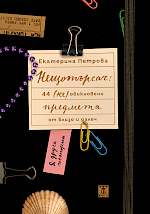
Căutător-de-chestii: 44 de obiecte (ne)obișnuite de aproape și de departe
După cum sugerează subtitlul, cartea Căutător-de-chestii conține povești despre 44 de obiecte de aproape și de departe. Selecția neobișnuită și variată, aranjată tematic, include descoperiri surprinzătoare din întreaga lume: cizme din Bhutan, dale de trotuar din Barcelona proiectate de Gaudi, pahare de vin din Țara Bascilor, o broșă în formă de inimă din Sarajevo, espadrile din Pirinei, scarabei din Egiptul antic, o cutie cu gunoi din New York, o bucată de țesătură portocalie din „cheiurile plutitoare” ale lacului Iseo, un dragon zornăitor din Slovenia, o hartă a Berlinului de Est și multe altele. Spunând poveștile acestor obiecte, Ekaterina Petrova spune, de fapt, și poveștile locurilor din care provin - Kustendorf și Kathmandu, Ljubljana și Louisiana, Belvedere și Bilbao, Selcuk și Central Park - plasându-le în același timp într-un context lingvistic, cultural, istoric, antropologic sau geografic mai larg. Amestec inventiv de jurnal de călătorie, eseu și povestire, textele sunt atent documentate și înțesate de curiozități, dar fragmentate din perspectiva subiectivă a autoarei, precum și prin biografia sa personală de călător, traducător și căutător-de-chestii. Realizată artistic prin ochiul estetic al Lyubei Haleva, una dintre cele mai remarcabile ilustratoare contemporane din Bulgaria, ilustrația cărții surprinde în mod minunat și plin de umor natura și starea de spirit ale povestirilor. În acest fel, cartea în sine devine, de asemenea, un obiect frumos, plăcut și vesel - de citit și recitit, de avut și de dăruit.
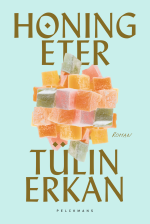
ARRIVALS / GELIȘ (Mâncătorul de miere)
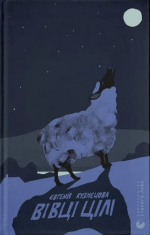
Iarna
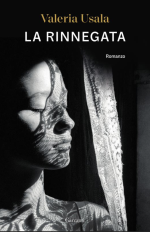
Renegata
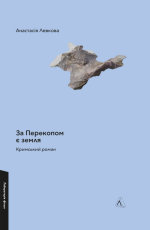
Un roman despre Crimeea
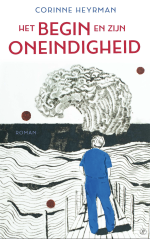
Cât de interminabil e începutul
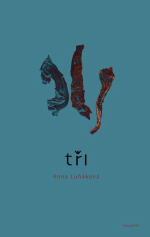
Trei!
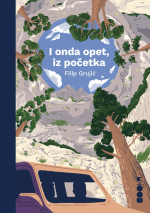
Și din nou, de la început
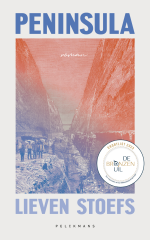
Coridor (Peninsula)
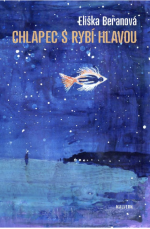
Băiatul cu cap de pește
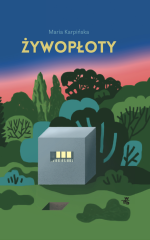
Garduri vii
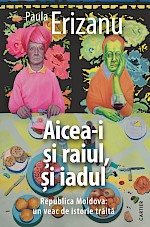
Măi, fetelor (It’s Both Heaven and Hell Here. Moldova: a Century of Lived History)
There are few places across Europe which have had the tumultuous story of Moldova in the 20th and 21st centuries. My greatgrandmother, for instance, spent most of her life in the same village while living in four different countries: she was born in the Russian Empire, went to school in Romania, resisted collectivisation and eventually gave in during the Soviet era, and got retired in the independent Republic of Moldova. I share her story in this book, as well as stories of other people with different backgrounds I interviewed, in an effort to create a polyphonic view of Moldova’s recent history. Chronologically, the book starts with the 1903 infamous Chisinau pogrom and it ends with the 2022 refugee crisis caused by the full-scale invasion of Ukraine. Geographically, the stories are rooted in Moldova but they cover the whole world thanks to the processes of migration that characterised all of the communities described in this book — Jewish, Roma, Armenian, Moldovan, Ukrainian, Russian etc. — at different points during history.
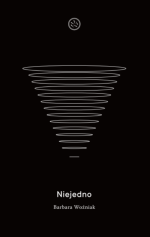
Fărâme
